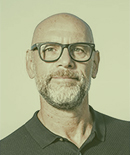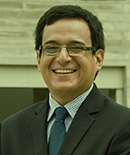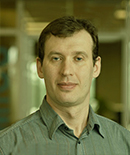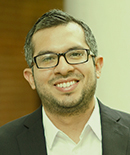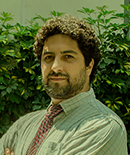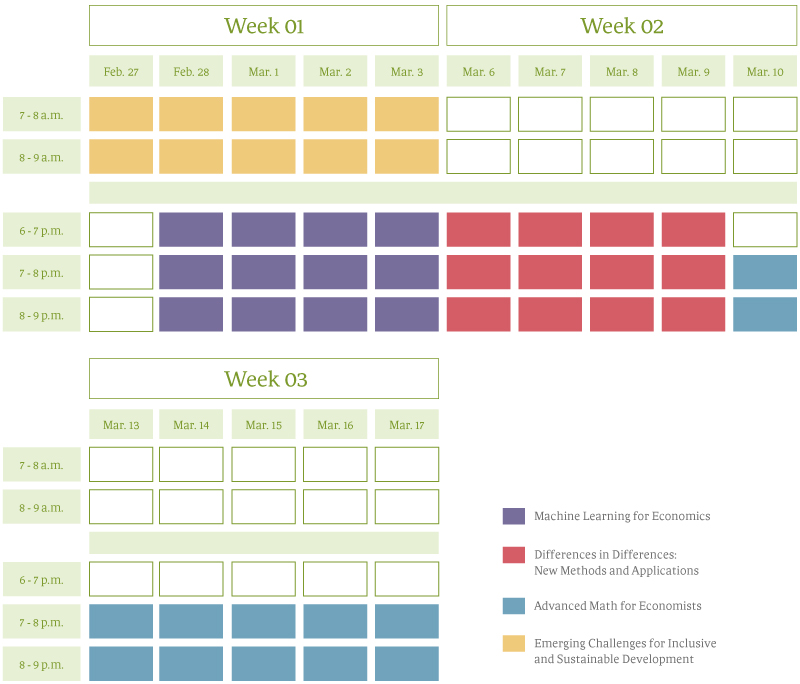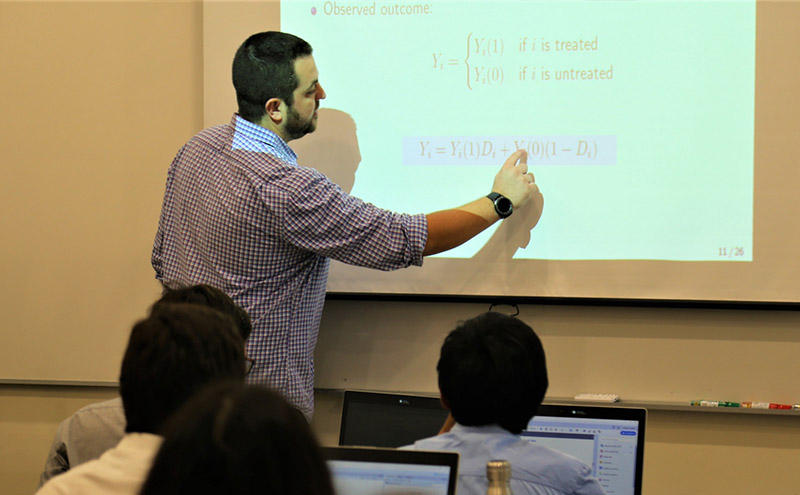February 28th – March 3rd, 2023
Machine Learning for Economics
Modality: In person
While traditional machine learning (ML) methods have been developed for prediction problems, in economics we are typically interested in estimation of structural or causal relationships. In this mini course, we will focus on Lasso-based ML methods such as Double/Post-Lasso that were recently developed specifically for the purpose of inference on structural or causal parameters. We will discuss the need for ML methods in empirical work in economics, the statistical properties of Lasso-based methods, and their applications.
Dr. Vadim Marmer
Dr. Marmer is the Director of the Graduate Program at Vancouver School of Economics.
He received his undergraduate and Master’s degrees in Economics from the Hebrew University of Jerusalem, Israel. He worked at the Bank of Israel and taught as an instructor at the Hebrew University before continuing to PhD studies at Yale University in New Haven, USA. He received his PhD in Economics from Yale in 2005.
His main area of research is econometrics, where he has been working on the issues of misspecification, identification, statistical inference for auctions, and nonlinear and non-stationary time series. He has published several scholarly papers including seven papers in Journal of Econometrics, which is a leading scholarly journal in econometrics.
March 6th – March 9th, 2023
Difference in Differences: foundations and new methodology
Modality: In person
This course will cover the foundations of Difference in Differences and its recent developments from a theoretical and practical approach. The Empirical analysis will be performed in STATA. We will Review event-studies and the new methodology on two-way-fixed-effects (Bacon, Sant’anna and Callaway, Sun and Abrahamam, etc.).
Sebastian Tello-Trillo
Dr. Sebastian Tello-Trillo is an Assistant Professor of Public Policy and Economics at the Frank Batten School of Leadership and Public Policy, University of Virginia. He is a Research Fellow at the National Bureau of Economic Research (NBER) and an Associate Member of Lima School of Economics. Dr. Tello-Trillo obtained his PhD in Economics from Vanderbilt University and his BA in Pure Mathematics and Economics from Florida State University. His research focuses on health economics and applied microeconomics. He is the editor of the bulletin for the American Society for Health Economics (ASHE.com) and a member of EconThaki, and organization focused on reducing the academic career information barriers and help Latin-American students (in particular in Peru) to apply and obtain admission into PhD programs in Economics. He hosts a podcast on economics and productivity with Alex Hollingsworth, called “The Hidden Curriculum”.
February 27th to March 3rd, 2023
Emerging Challenges for Inclusive and Sustainable Development
Modality: Online
Global challenges driven by pandemics, wars, migration, and the rapidly unfolding climate crisis require rethinking the approach for achieving the Sustainable Development Goals and developing interventions for building more equal and inclusive societies. During the course we will cover topics related to the implementation of sustainable projects (economic, financial, environmental, institutional, and societal) and how ESG (environmental, social and governance) principles are influencing business and private sector behavior. We will touch on emerging approaches for both the private sector and governments to address growing challenges. Be prepared to learn new concepts and participate in group discussions.
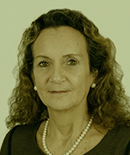
Susana Carrillo
Susana is a global consultant with more than 20 years of experience working with global organizations on economic-social development and governance (ESG). She worked with the World Bank, The United Nations Development Program as a Chief of Program and Senior Specialist. She managed large policy reform operations, multi-sector programs, fundraising, knowledge, and education initiatives. She was a Senior Adviser for the learning area (SENAI) of the National Confederation of Industries in Brazil and an Adjunct Professor at George Mason University.
She obtained a BA in International Relations and Latin American Studies from George Mason University (Virginia); a MA in Social and Economic Development from the Graduate School of International and Development Studies- HEID, Geneva (Switzerland), and a Global MA from the Fletcher School of Law and Diplomacy, Tufts University (Boston, Massachusetts). She completed course work at the Graduate School of Economics, Birmingham University (United Kingdom) a joint executive degree from the Cheng Kuong Graduate School of Business (Beijing), the Indian Institute of Management and Fundação Dom Cabral Graduate School of Business (Brazil); a certificate on “Promoting Sustainable Investments” from the Moller Institute, Churchill College, University of Cambridge (United Kingdom).
March 10th – March 17th, 2023
Advanced Mathematics for Economists
Modality: Online
At some point in their career, most economists use some results of economic theory. However, it is not common for econ majors to be familiar with the mathematical tools behind them. This might become a challenge when evaluating and understanding the validity of these results, even for applied economists. In this course, we want to provide students with some of the mathematics needed to understand the most important results in modern economics. To do that, we will learn the basics of set theory, real analysis, and linear algebra. Then, we will cover their most useful results. And finally, we will discuss some of their most important economic applications.
Dr. Jorge Catepillán
Dr. Catepillán is an Assistant Professor of Economics at Universidad de Piura and a member of Lima School of Economics.
In 2018, Dr. Catepillán obtained his PhD in Economics from Northwestern University, in Evanston, Illinois. He received his undergraduate degree in Industrial Engineering and his master degree in Economics (Summa cum laude) from Universidad de Chile.
Dr. Catepillán has taught Real Analysis for Economists at the PhD level at Pontificia Universidad Católica de Chile. He has also been a consultant for the World Bank and the Chilean Ministry of Education.




